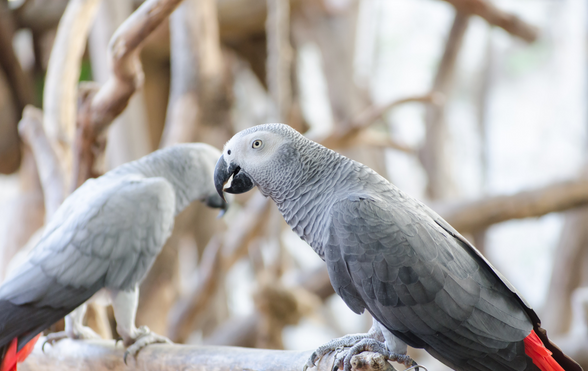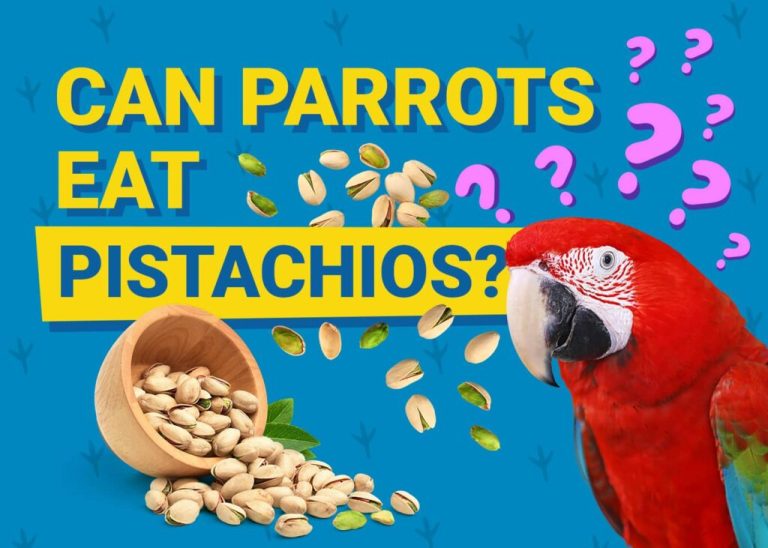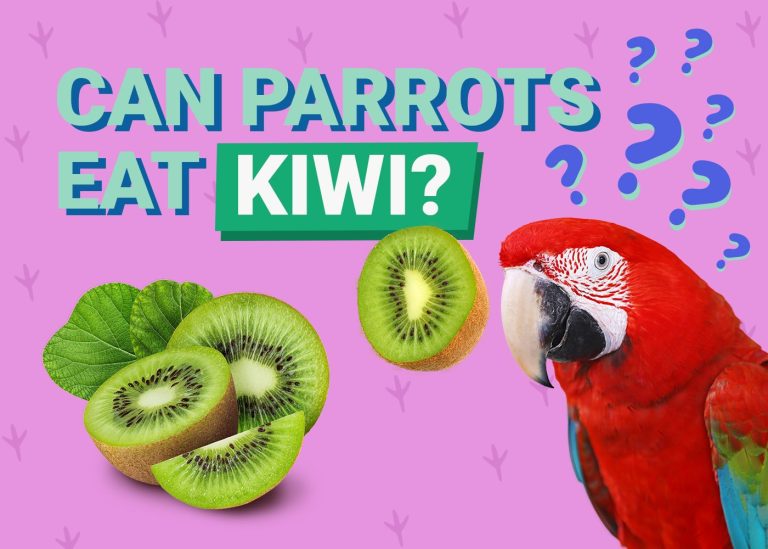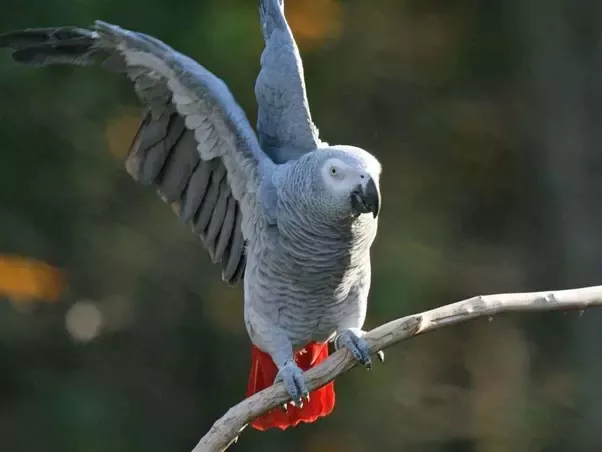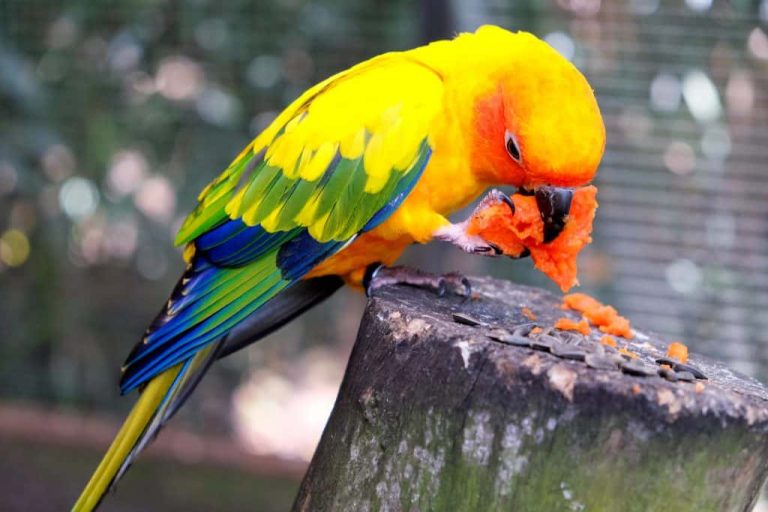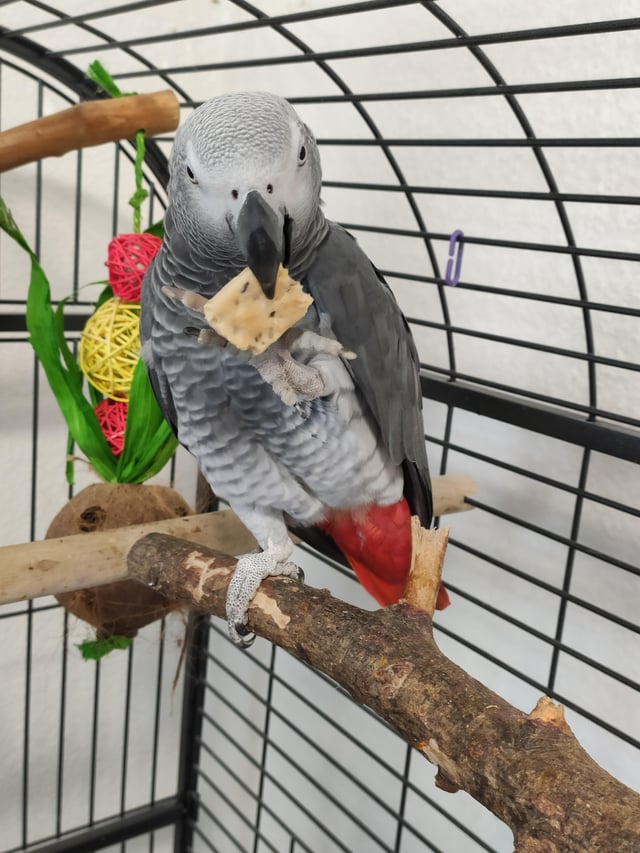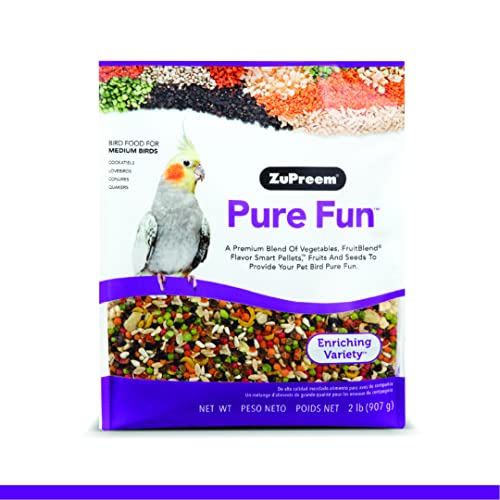What Do African Gray Parrots Eat? A Nutritional Guide!
African Gray Parrots primarily eat a diet of high-quality pellets, seeds, fruits, and vegetables. Their diet should be varied to ensure they receive all necessary nutrients.
African Gray Parrots are intelligent and social birds, requiring a balanced diet for optimal health. Their natural diet consists of seeds, nuts, fruits, and vegetables found in their native habitats. In captivity, it’s crucial to replicate this nutritional variety. A well-rounded diet not only supports their physical well-being but also promotes mental stimulation.
These birds thrive on fresh foods, making daily meal preparation essential. Avoid feeding them unhealthy treats or human food high in sugar or salt. Understanding their dietary needs helps owners provide a healthy lifestyle, ensuring these remarkable parrots live long and vibrant lives.
In this article, you will learn what fruits African gray parrots eat.
Introduction To African Gray Parrot Diets
African Gray Parrots have a natural diet that includes seeds, nuts, and fruits. They also enjoy berries and vegetables in the wild. These parrots need a varied diet to stay healthy and happy.
Owners need to replicate this diet. A balanced diet helps them grow and thrive. Providing the right nutrients can prevent health issues. Fresh fruits and vegetables should be a daily treat. Seeds and pellets can be included but should not be the only food.
| Food Type | Examples |
|---|---|
| Seeds | Sunflower, safflower |
| Nuts | Almonds, walnuts |
| Fruits | Apples, bananas |
| Vegetables | Carrots, peas |
Essential Nutrients for African Gray Parrots
African Gray Parrots need a balanced diet for good health. Essential nutrients include vitamins and minerals. These birds benefit from foods rich in vitamin A, vitamin D, and vitamin E. Fresh fruits and vegetables, like carrots and spinach, are great sources.
Calcium is vital for strong bones. It can be found in leafy greens and fortified pellets. Magnesium and zinc also support health and are found in seeds and nuts.
Protein is crucial for growth and energy. Good sources include legumes, cooked beans, and quinoa. Amino acids from these foods help with body functions.
Commercial Pellets: A Staple for Captive Birds
Commercial pellets are a vital part of an African Gray Parrot’s diet. These pellets provide essential nutrients for overall health. They are specially formulated to meet the needs of captive birds.
Advantages of pellets include convenience and balanced nutrition. Pellets reduce the risk of selective eating. They also minimize waste and spoilage compared to fresh food.
Choosing the right pellets is important for your parrot’s health. Look for brands that use high-quality ingredients. Ensure the pellets are free from artificial colors and preservatives. Always check the packaging for the recommended age and size. Consult with a vet for personalized recommendations.

Credit: petsguide.livejournal.com
Fruits And Vegetables: Vital Fresh Foods
African Gray Parrots need a variety of fresh foods. Fruits and vegetables are essential for their health. Here are some safe options:
- Apples
- Bananas
- Carrots
- Spinach
- Blueberries
Some foods can be harmful. Avoid the following:
- Avocado
- Caffeine
- Chocolate
- Onions
- Salt
Providing a balanced diet keeps your parrot happy and healthy. Always wash fruits and veggies before feeding.
The Role of Seeds And Nuts for African Gray Parrots
African Gray Parrots enjoy a variety of seeds and nuts. These foods provide essential nutrients. Common types include:
| Type | Benefits |
|---|---|
| Sunflower Seeds | High in fat and energy. |
| Walnuts | Rich in omega-3 fatty acids. |
| Almonds | Great source of vitamin E. |
| Pumpkin Seeds | Contains zinc and magnesium. |
Limitations exist with seeds and nuts. They are often high in fat. Too many can lead to obesity. Balance is key to a healthy diet.
Always ensure a mix of fruits, vegetables, and pellets. This mix promotes overall health and well-being.
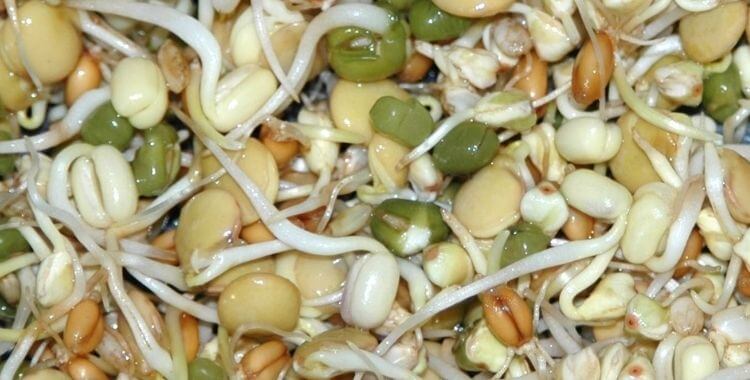
Credit: exoticdirect.co.uk
Supplementing With Legumes And Grains
African Gray Parrots thrive on a balanced diet. Including legumes and grains can be very beneficial. Healthy options include lentils, chickpeas, and quinoa. These foods provide essential nutrients for their growth and health.
Preparation tips are important for the best results. Cook legumes well to make them easier to digest. Soaking grains overnight helps with nutrient absorption. Always ensure the food is fresh and clean to avoid any health issues.
| Food Type | Benefits |
|---|---|
| Legumes | High in protein and fiber |
| Grains | Rich in vitamins and minerals |
Hydration: Water Needs of African Grays
African Gray Parrots need fresh water daily. A good rule is to provide about 1 cup of water. This amount may vary with size and activity. Always observe your parrot to ensure they drink enough.
Keeping water clean is very important. Change the water daily to prevent bacteria growth. Use a bowl that is easy to clean. Avoid using bowls that are too deep.
Consider a water bottle as an option. It keeps water clean and reduces spills. Make sure the bottle is easy for your parrot to access.
Monitor the water level regularly. Ensure your African Gray always has access to fresh and clean water. Proper hydration is key to their health.
Feeding Schedules And Portions to African Gray Parrots
Feeding African Gray Parrots requires careful attention to their needs. Adult parrots should be fed twice daily. Young parrots may need more frequent meals. The portion size depends on the bird’s age and activity level.
For adults, a good portion is about 1/4 to 1/2 cup of food per meal. Monitor their weight to ensure they are healthy. Overfeeding can lead to obesity. Underfeeding can cause malnutrition.
Fresh fruits and vegetables should be included in their diet. Pellets should make up a large part of their meals. Nuts can be given as treats but in moderation. Make sure fresh water is always available.
Avoiding Obesity And Malnutrition
Recognizing signs of a poor diet is crucial for African Gray Parrots. Look for feather damage, lethargy, or weight changes. These can indicate malnutrition or obesity. Regular vet check-ups help identify these issues early.
Adjusting the diet can greatly improve a parrot’s health. Include fresh fruits and vegetables like carrots and apples. Offer pellets made for parrots as a main food source. Avoid high-fat foods, which can lead to obesity.
| Food Type | Examples |
|---|---|
| Fruits | Apples, Bananas, Berries |
| Vegetables | Carrots, Spinach, Peppers |
| Pellets | High-quality Parrot Pellets |
| Seeds | Limited Amounts |
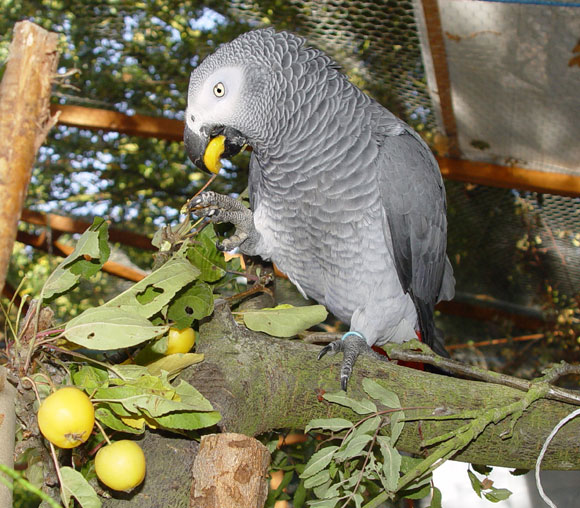
Credit: www.northernparrots.com
African Gray Parrots Special Dietary Considerations
African Gray Parrots need a balanced diet at different life stages. Young parrots require more protein for growth. Adults need a mix of seeds, fruits, and veggies. Senior parrots benefit from softer foods for easier digestion.
Illness can change a parrot’s dietary needs. Sick parrots may need more vitamins and minerals. Always consult a vet for specific recommendations. Hydration is also very important, especially during illness.
| Life Stage | Dietary Needs |
|---|---|
| Young | High protein, fruits, and veggies |
| Adult | Balanced seeds, nuts, fruits, and veggies |
| Senior | Softer foods, easy to digest |
| Illness | Increased vitamins, hydration |
Frequently Asked Questions about African Gray Parrots Food
African grey parrots should avoid foods that can harm their health. Don’t feed them avocado, chocolate, caffeine, alcohol, or salty and sugary foods. Avoid onions, garlic, and rhubarb, as they are toxic for parrots. Foods with high-fat content, like fried snacks, should also be kept away.
African grey parrots can eat tomatoes, but only in small amounts and occasionally. Tomatoes contain acids that can upset their stomachs if given too often. Always remove any green parts, like stems and leaves, as they’re toxic to birds. Offer tomatoes as a rare treat rather than a staple. For safe, daily fruits, try apples, berries, or bananas, which are gentler on their digestive systems.
Yes, African greys can eat cucumber. It’s quite safe and very healthy for them. Cucumbers are low in calories and high in water, so they make a good treat. They will provide hydration and some vitamins. Always clean the cucumbers to remove any pesticides. Cut them into small pieces so that the bird can easily eat them. Always remember to give cucumber in moderation to maintain a balanced diet.
African greys can eat pineapple in moderation. This fruit provides vitamins and hydration. Always remove the skin and core before offering it to your bird. Cut the pineapple into small, manageable pieces. Watch for any signs of digestive upset after feeding. If your parrot enjoys it, pineapple can be a tasty treat. Balance it with other fruits and vegetables to ensure a healthy diet.
African greys can eat carrots safely. These birds enjoy crunchy textures and bright colors. Carrots are rich in vitamins and fiber, which are good for their health. You can serve them raw or cooked, but make sure to cut them into small pieces. Always wash carrots thoroughly to remove any chemicals. Including carrots in their diet can help keep your African grey happy and healthy.
Final Talks: What Do African Gray Parrots Eat?
African gray parrots eat a mix of fruits, vegetables, and nuts. Bananas, apples, carrots, and leafy greens are some of their favorite treats. Seeds and grains may be provided as sources of protein. In captivity, it would be better if the main staple is from a nutritionally balanced, commercially prepared pellet diet, while fresh, clean water is mandatory. Never allow them to have chocolate, avocado, or caffeine, because these are highly toxic. Keep their diet varied to support health.

